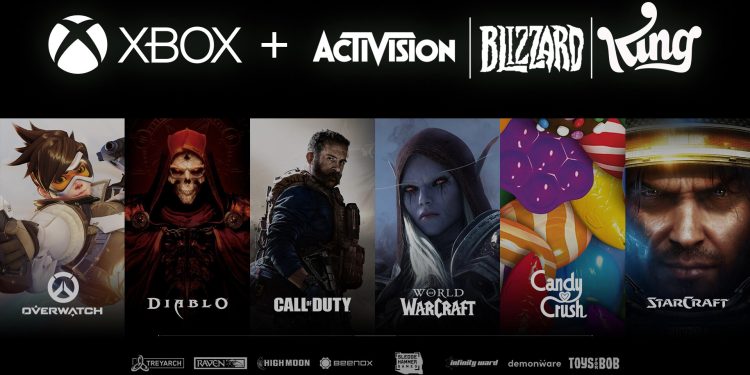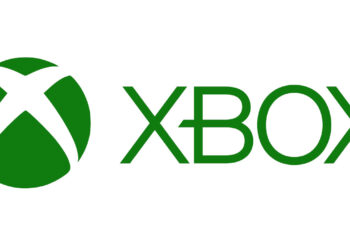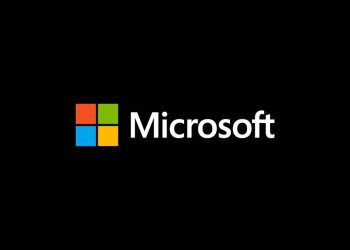Microsoft has sealed the deal on acquiring video game giant Activision Blizzard for a whopping $69 billion, making it the largest transaction in the gaming industry and for Microsoft itself. This move gives Microsoft control over popular video game series like Call of Duty, Warcraft, and Diablo, as well as mobile gaming hits like Candy Crush.
With this purchase, Microsoft has brought several game development studios under its umbrella, such as Infinity Ward, Raven Software, Sledgehammer Games, Treyarch, Toys for Bob, Beenox, and High Moon Studios. These teams now join the existing Xbox Game Studios network, significantly enlarging Microsoft’s footprint in the video game world.
The acquisition journey has not been smooth sailing. Microsoft faced resistance from global regulators concerned that the merger could set the stage for an unlevel playing field in the gaming industry. One key issue was whether Microsoft would limit popular titles like Call of Duty to its Xbox and PC platforms, thus sidelining Sony’s PlayStation.
To mitigate these concerns, Microsoft and Sony agreed to reportedly keep Call of Duty on PlayStation platforms for the next ten years.
Regulators also raised questions about Microsoft potentially gaining an unfair edge in the cloud gaming sector. Microsoft entered into long-term agreements with other cloud gaming providers to address this. This strategy convinced the European Commission to approve the acquisition. Microsoft went further in the UK by selling Ubisoft the cloud gaming rights for all Activision Blizzard games outside the European Economic Area for the next 15 years, which won over the UK’s Competition and Markets Authority.
Although Microsoft came out on top in a legal dispute with the US Federal Trade Commission, which had attempted to block the deal on antitrust grounds, the company still has some legal issues to sort out in the United States.
This acquisition is quite significant, not only expanding Microsoft’s gaming library but also setting the stage for how future acquisitions could be approached in an industry that’s becoming increasingly consolidated. With mobile, console, and cloud gaming now all part of its portfolio, Microsoft is poised to be a dominant player in the video game world for years to come.

























